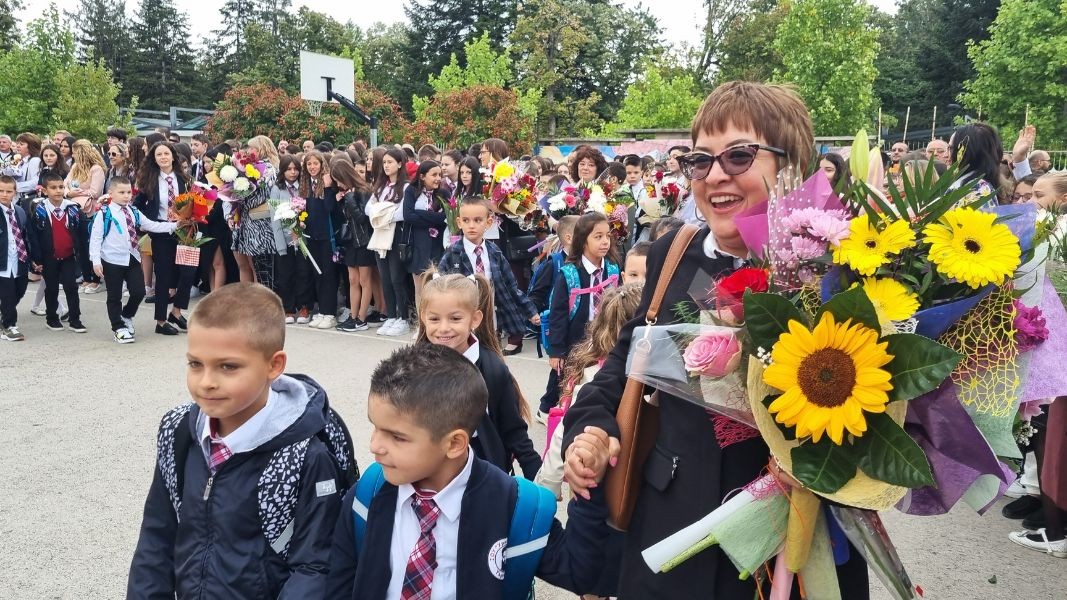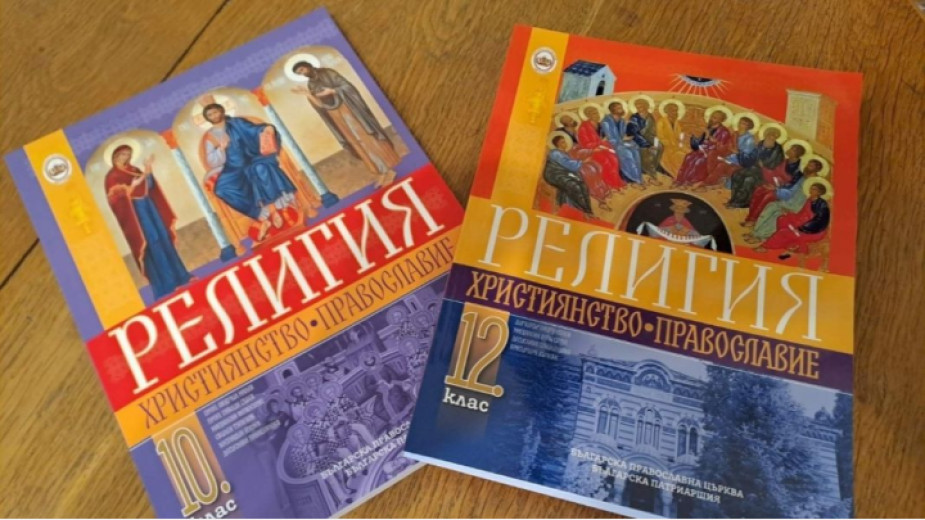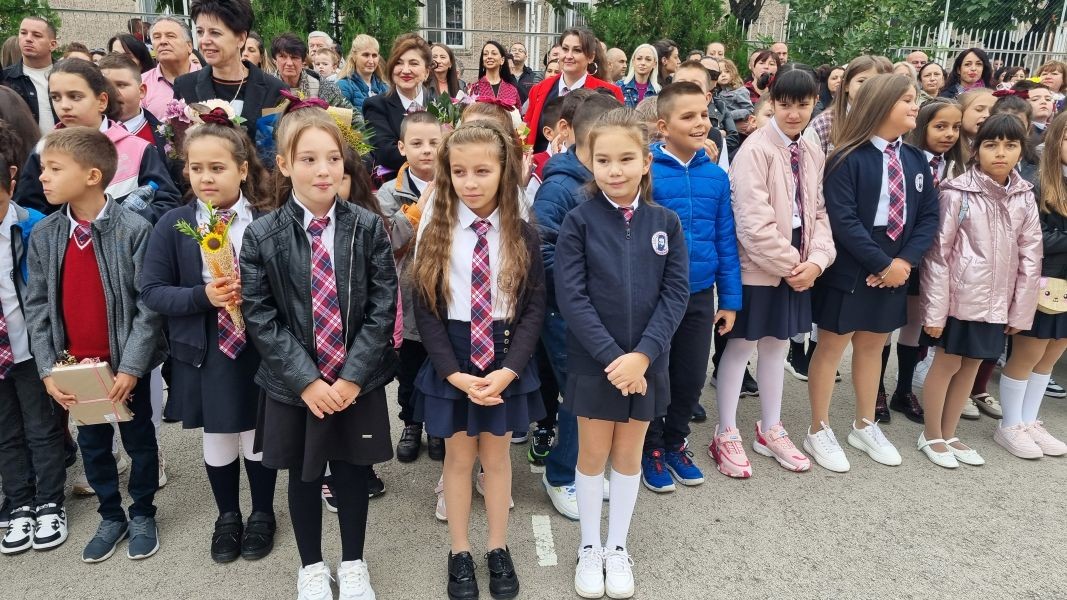In order for young people to be adequately prepared for the challenges of contemporary life and the demands of today’s labour market, education needs to be reformed and supported by the necessary legislation. One such law is the Preschool and School Education Act, which, according to GERB–SDS MP Yordanka Fandakova, will prioritise vital but long-overdue changes during the autumn session of the National Assembly.

“This is the first step towards the large-scale reform prepared by Minister Krasimir Valchev and his team, which will modernise education and meet the expectations and requirements of the 21st century,” the MP stated. The changes include around 20 amendments to the way schools and kindergartens operate, which have been subject to public discussion and have already been adopted at first reading by the Parliamentary Committee on Education and Science.

“The goal is to make our education system more effective,” says Yordanka Fandakova, a member of the Education and Science Committee in the National Assembly, former Minister of Education, and former mayor of Sofia. “There is still too much emphasis on the accumulation of academic knowledge, which is not effective. We need to develop skills that are important in our dynamic times, and technology must be integrated into the learning process. This requires changes to curricula and exam formats, as well as teacher training.”
One of the proposed innovations concerns so-called inclusive education. “So far we have focused on children with special educational needs, but the idea is to expand educational work in schools to include children with behavioural difficulties, which remains a serious challenge for educators,” the MP explains. Other provisions address the ban on mobile phones in class—permitted only for health or educational reasons—as well as changes to exams in secondary schools.
“We cannot continue with the old exam format and expect new results,” stresses Yordanka Fandakova. “It is important to gradually introduce practical tasks so that children can develop critical thinking and analytical skills, and make connections between different topics, including interdisciplinary ones. Mathematics is a key discipline, but natural sciences must be included too—they are deeply interconnected.”

The introduction of the subject ‘Virtues and Religions’, which has provoked mixed reactions in society, is also part of the amendments to the Law on Preschool and School Education.
“More and more parents and teachers understand that this is an opportunity to choose from a range of activities during the compulsory one-hour preparation period, none of which will be graded,” says Yordanka Fandakova. “In it, teachers will be able to guide students either in learning about religion or in exploring empathy and moral values. They already have this practice, especially in the early grades, through literary works, conversations, and reenactments of holiday traditions. Now they will have the opportunity to do this from the first grade within a designated class.”

One of the priorities in the government programme is to promote Bulgaria’s cultural and linguistic presence worldwide. The government is launching efforts to have the Bulgarian language recognised in foreign education systems and to enable students abroad to take the Bulgarian matriculation exam. Embassies have already been tasked with this by the Ministry of Foreign Affairs. Meanwhile, the British Parliament has formed a Friendship Group with Bulgaria.
“Our diplomats abroad have the task of spreading our culture and mother tongue, and I hope that Bulgarian communities will support them,” the MP adds. “Our colleagues abroad can count on our support. I will soon organise a meeting of the Foreign Policy Committee to discuss the study of the Bulgarian language abroad.
Russia’s Lukoil said it reserves the right to pursue legal action to defend its rights and legitimate interests in Bulgaria after a special administrator took control of its local assets. Lukoil is taking “all necessary steps” to complete the sale..
The European Bank for Reconstruction and Development (EBRD) will open a technology center in Bulgaria focused on emerging technologies such as Big Data , artificial intelligence, cybersecurity, and cloud services. This becomes possible after the..
Violations were found in 27% of the inspected sections along the Black Sea coast , according to the control authorities of the Ministry of Environment and Water. Minister Manol Genov ordered the inspection following the October floods in the southern..
On Tuesday, overnight lows will range from 7°C to 12°C, rising to 12–16°C in eastern Bulgaria and around 9°C in Sofia. It will be a cloudy day with rain,..
The Speaker of the National Assembly has no right to rule unilaterally on a national referendum. This becomes clear from a decision of the Constitutional..
At a meeting in Berlin with Google’s Vice President for Government Affairs and Public Policy for Europe Annette Kroeber-Riel, Minister of E-Government..

+359 2 9336 661
